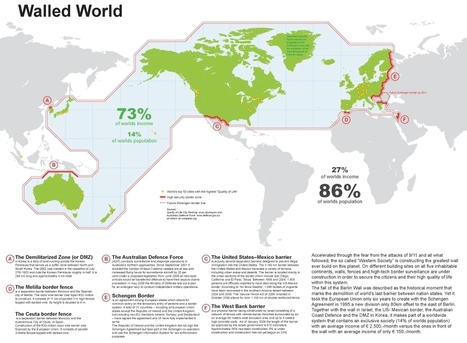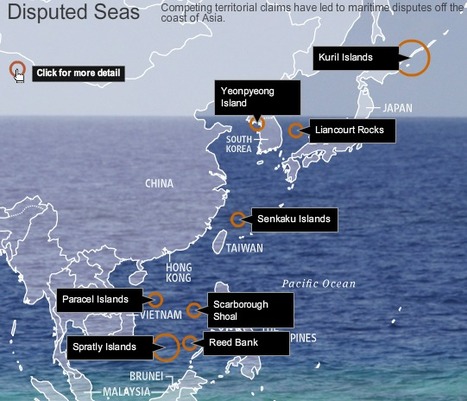Afghanistan supplies virtually all of the world's illegal opium. For Afghans themselves, however, feelings about poppy are conflicted: It's harmful to their ...
Part 1 of an 8 part series on youtube documenting the opium-growing process and how the Taliban manages it. Agricultural production and rural land use can absolutely play a huge role in geopolitics and cultural patterns and processes, as evidenced by this example. For more resources on the Afghanistan drug issue, see: www.scoop.it/t/funding-the-taliban-with-opium
Via Courtney Barrowman



 Your new post is loading...
Your new post is loading...














Most people would agree that Opium is a devastating addiction. But what most of us don't see is the other side of the drug trade. This video shows the vulnerability of the drug-dealers and poppy-farmers. The Afghanistan government finds and destroys a poppy farm and the interview with a boy of the farming family is riveting. You can't help but feel bad for these people, especially the children who are directly effected by it.
Drug trafficking is a problem all over the world, but this is really something else. Realistically, these people are just growing flowers, but it's their intent that is the problem. I was always aware that Afghanistan was a major producer of drugs, but I had no idea the extent. I agree that if someone has illegal drugs, that they should be punished. But these poppies are these people's life line. That's not to say that what they are doing is acceptable, but you can't help but feel bad. They live in a poor region where they are doing what they need to just to feed their families. It's kind of heartbreaking, but there are laws against these drugs for a reason, and they should be penalized. Then there is the question of how do they choose one family to punish, when this is clearly a huge problem that is not easily hidden; these people are growing these plants in plain sight. The government has every right to punish them, and as upset as they are to have their crop destroyed, I would think it's got to be better than getting thrown into an Afghani prison.